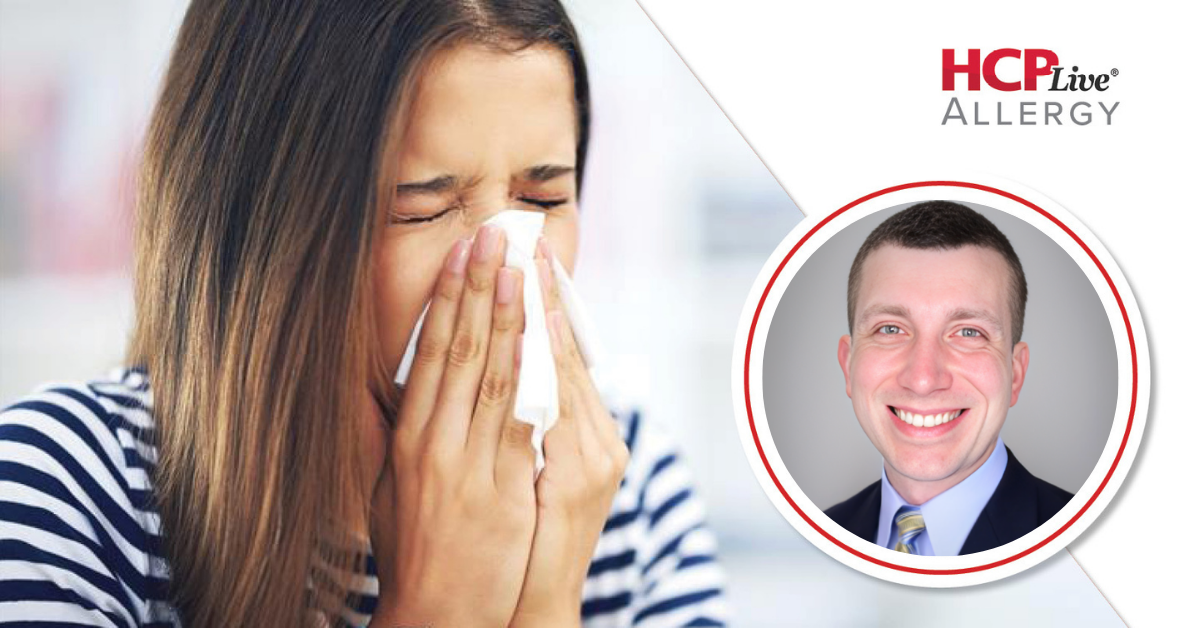Health
Decline in Peanut Allergies Shows Success of Early Guidelines

The recent study published in the journal Pediatrics reveals a significant decrease in peanut allergy rates, marking a considerable public health achievement. The findings indicate a successful transition from clinical trial outcomes to practical application, showcasing the effectiveness of early introduction guidelines established in 2015 and updated in 2017.
Dr. Stanislaw J. Gabryszewski, an attending physician at the Children’s Hospital of Philadelphia and a key investigator in the study, emphasized that this decline aligns with the anticipated results from a decade ago. The research aimed to assess whether the updated guidelines effectively influenced food allergy prevalence. Gabryszewski remarked, “Reassuringly, we did see declines in the rates of both peanut and overall food allergy prevalence.”
The initial findings from the 2015 Learning Early About Peanut Allergy (LEAP) study indicated that introducing peanuts to infants between the ages of four to six months significantly reduces the risk of developing allergies later in life. This pivotal research led to the establishment of the first expert consensus guidelines for early peanut introduction, followed by broader recommendations in 2017 that included children at low and moderate risk.
According to Gabryszewski, the updates to the guidelines may have contributed to the more pronounced declines observed in subsequent years. He noted, “The addendum guidelines made the advice more broadly applicable to all children and provided additional time for uptake of early introduction guidelines.” As a result, the prevalence of peanut allergies fell dramatically—by 27% after the 2015 guidelines and 43% following the 2017 recommendations.
Despite the positive data regarding peanut allergies, the study revealed that egg allergies have risen to become the most frequently diagnosed food allergy, surpassing peanuts. Gabryszewski explained, “Egg allergy prevalence was pretty similar between the pre- and post-guidelines periods. What drove down the peanut ranking was that the prevalence of peanut allergy itself went down so much that it became number two.”
While the study offers reassuring evidence, Gabryszewski cautioned that food allergies remain a significant public health concern. He highlighted the challenges of implementing these guidelines in routine clinical practice, where checkup appointments often prioritize milestones, nutrition, and immunizations. Gabryszewski stressed the need for standardized discussions on early food introduction among healthcare providers.
The analysis reviewed data up to 2020, yet Gabryszewski pointed out that newer guidelines released in 2021 by leading allergy organizations further encourage the early introduction of a variety of foods, including peanuts and eggs, as part of a diverse diet. He expressed optimism about future research, which may reveal whether these updated recommendations will lead to even lower food allergy rates.
“Our study provides encouraging news for many stakeholders, including families, pediatricians, allergists, and public health experts,” Gabryszewski stated. “It suggests that introducing peanut and other foods to developmentally ready infants is becoming more accepted and widespread.” This research supports a concrete strategy for preventing food allergies, emphasizing the importance of collaboration among healthcare providers and families.
The study’s findings are not only significant for healthcare professionals but also for parents navigating concerns about food allergies in their children. As the landscape of food allergies evolves, ongoing research and adherence to updated guidelines will play a crucial role in shaping future practices.
-

 Science2 weeks ago
Science2 weeks agoResearchers Challenge 200-Year-Old Physics Principle with Atomic Engines
-

 Politics2 weeks ago
Politics2 weeks agoNHP Foundation Secures Land for 158 Affordable Apartments in Denver
-

 World1 week ago
World1 week agoBoeing’s Aircraft Production: Assessing Numbers and Challenges
-

 Lifestyle6 days ago
Lifestyle6 days agoTrump’s Push to Censor National Parks Faces Growing Backlash
-

 Lifestyle1 week ago
Lifestyle1 week agoRed Bluff High School’s Elli Nolan Named Rotary Student of the Month
-

 Entertainment1 week ago
Entertainment1 week agoSyracuse Stage Delivers Lively Adaptation of ‘The 39 Steps’
-

 Health2 weeks ago
Health2 weeks agoNeuroscientist Advocates for Flag Football Until Age 14
-

 Lifestyle2 weeks ago
Lifestyle2 weeks agoLongtime Friends Face Heartbreak After Loss and Isolation
-

 Science1 week ago
Science1 week agoAI Misidentifies Doritos Bag as Gun, Triggers Police Response
-

 Health2 weeks ago
Health2 weeks agoFDA Launches Fast-Track Review for Nine Innovative Therapies
-

 Politics6 days ago
Politics6 days agoNFL Confirms Star-Studded Halftime Show for Super Bowl LVIII
-

 World2 weeks ago
World2 weeks agoGlobal Military Spending: Air Forces Ranked by Budget and Capability









